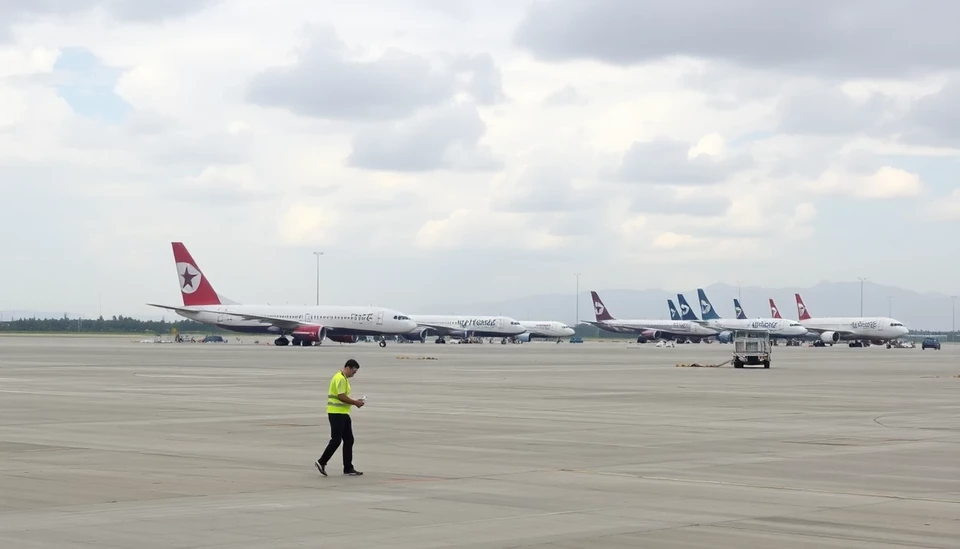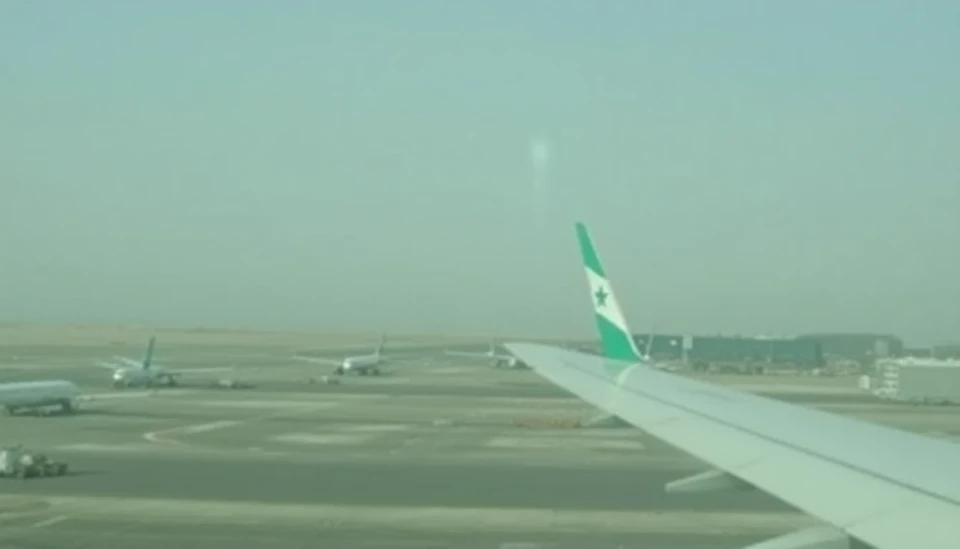
In a severe blow to Syria's already struggling connectivity, the country has lost its last remaining air connections due to the mass departure of workers from its primary airport. The lingering effects of a devastating civil war, which has plagued the nation for over a decade, have led to dwindling operations at Damascus International Airport as more employees flee the building and the ongoing conflict continues to take its toll.
Reports indicate that a lack of security and the relentless instability have driven many airport personnel to seek opportunities abroad. As the civil war drags on, the returns of travelers and business people have significantly declined, prompting airlines to pull services entirely. Following a recent series of attacks and a general decline in safety, it has become increasingly untenable for those involved in airport operations to sustain their positions.
This development marks a significant downturn for a nation that has seen its air travel infrastructure severely weaken over the years. Experts in aviation and Middle Eastern politics note that the loss of international flights, coupled with deteriorating conditions, has put Syria on the periphery of global connectivity. A country once bustling with nighttime flights and busy terminals now faces the grim reality of an isolated state with limited means for travel and commerce.
In addition to the cessation of air travel, the ramifications for the Syrian economy are profound. A country already grappling with economic hardship can ill afford to lose tourist revenue and international business that air travel brought. Airports are crucial hubs for economic activity, and their downfall usually equates to a broader decline in trade and investment opportunities. Consequently, the abandonment of Damascus International Airport not only highlights security crises but also raises concerns about long-term economic implications for the region.
Moreover, this situation has been exacerbated by geopolitical tensions and extensive sanctions imposed on the Bashar al-Assad regime. With many airlines ceasing operations, the isolation of Syrian airspace raises significant concerns regarding humanitarian aid and support reaching those in desperate need within the country. The logistics of importing necessary goods have become increasingly challenging without reliable air transport options.
As the final flights are canceled and workers abandon their posts, Syria’s air travel saga serves as a stark reminder of the devastating impact prolonged conflict can have on national infrastructure. Observers suggest an urgent need for international dialogue and humanitarian efforts to address the immediate crises stemming from the breakdown of Syria's aviation sector.
In conclusion, the loss of air connections marks yet another chapter in Syria's ongoing struggle for stability and recovery. It highlights the urgent need for a reassessment of strategies aimed at reviving the country's economy and re-establishing its ties to the world.
#Syria #AirTravel #DamascusAirport #CivilWarImpact #AviationCrisis #MiddleEast
Author: Daniel Foster




